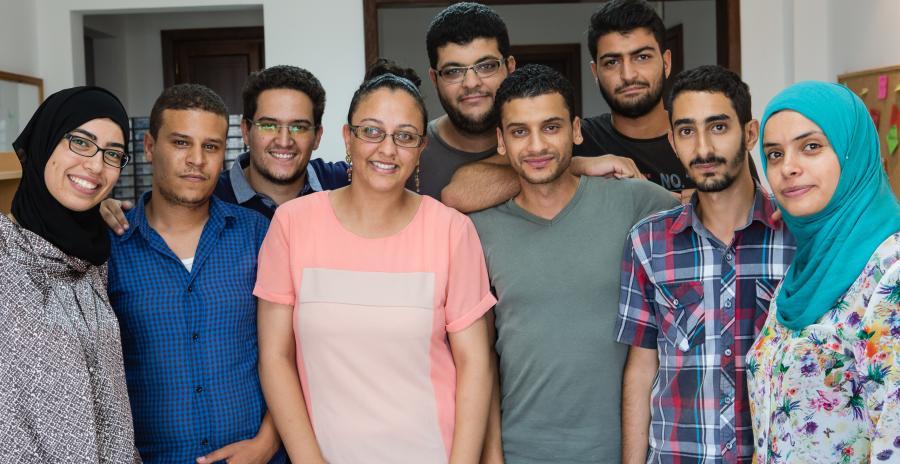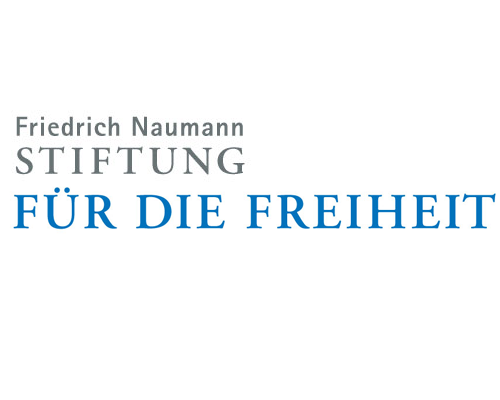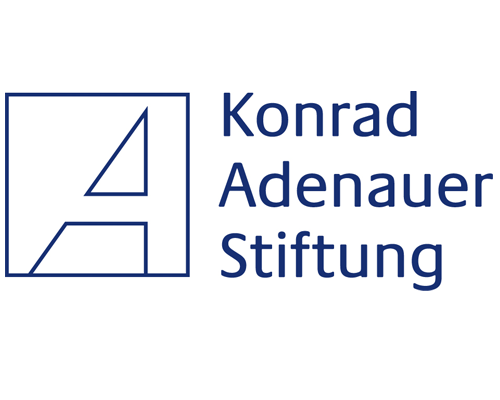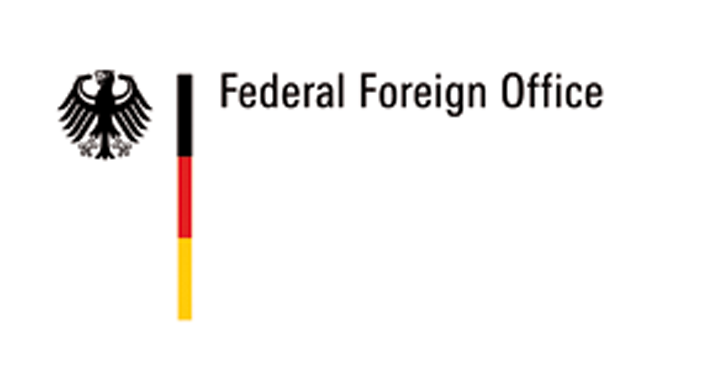Foundation for success? How entrepreneurs and civil society actors could jointly contribute to a stable and socially just society

Participants at a startup founders' conference in Tunis in 2014, Photo: Hannes Alpen
Often times, interests of civil society actors and entrepreneurs seem to be diametrically opposed. Imagine both groups came together, realised they had common interests and decided to join their forces – let us build a vision.
Facilitating business activity and encouraging the foundation of enterprises in Arab Countries in Transition (ACTs) is one of the priorities of the Deauville Partnership, along with the alleviation of unemployment, especially among youth. In May 2015, the Deauville partner countries agreed on the Deauville Compact on Economic Governance, a framework for key policy objectives to promote good governance and a sound business climate.
Bureaucracy as a major obstacle for a healthy business culture has also had wide-ranging repercussions. It has discouraged competition to existing economic stakeholders and made life especially difficult for newcomers who could act as agents of innovation. These same mechanisms have also deterred political and social advocacy activism, meaning that founding an NGO in ACT countries has often proved as difficult as founding a business. Becoming aware of these shared obstacles could prove a first step in overcoming the artificial separation of business and social interests. The need for legal security for both sectors' operations and transactions could result in a common push for reform.
Economic sectors that incorporate the pool of well-educated engineers and accommodate the demands of a tech-savvy population could lead the way. In fact, entrepreneurs can actually share goals of civil society activists and be used to secure funding with private capital outside of state-funded mechanisms. This could also counter the brain drain and lay the foundation for a more stable and established knowledge community that can pursue scientific research within ACT countries.
The question of funding is one of the most pressing issues for businesses and start-ups with a transnational outlook. While intra-Arab exchange of (business) ideas and people has produced a range of ventures and initiatives over the past few years, intra-Arab cooperation on bureaucratic facilitation is still in its early stages and struggles to adequately represent the interests of this section of civil society. One important step in this direction was the Deauville Partnership Conference on Regional Integration in Rabat at the end of October 2015, that among other issues focused on the private sector and civil society as partners in the process of regional integration.
Supported by






© CANDID Foundation gGmbH 2015



